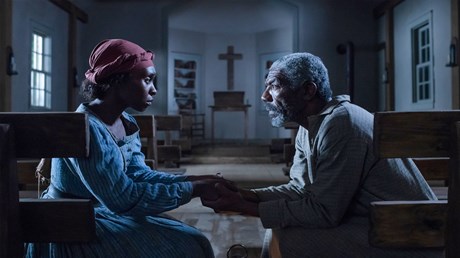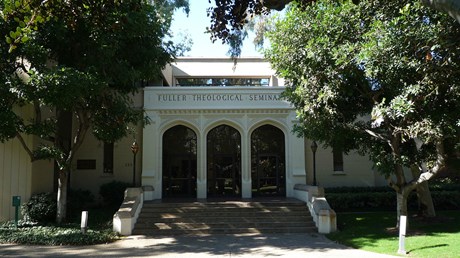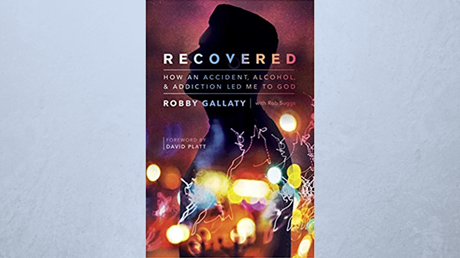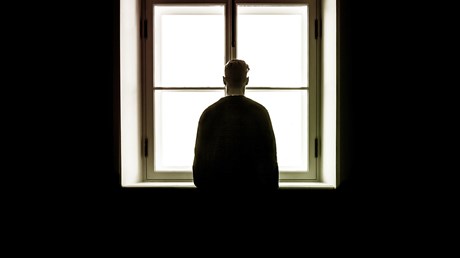Biographer Kate Clifford Larson talks about the famous female abolitionist and the cinematic portrayal of her life.

Harriet Tubman is one of America’s most iconic figures, as evidenced by the proposed (and still delayed) Harriet Tubman 20-dollar bill and the new biopic Harriet, produced by Focus Features.
After she escaped slavery in 1849, Tubman worked as the only female conductor on the Underground Railroad, assisting escapees along a short route through free states. She was one of the few who at great risk entered slave-holding states to extract slaves and lead them north to freedom. Nicknamed “Moses” by abolitionist William Lloyd Garrison, very few knew Harriet’s real identity; most assumed a man was making these voyages. Tubman also served in the US army as a nurse, advisor, scout, and spy. Her greatest feat in the service was leading the charge that freed over 750 slaves in the Combahee River Raid in South Carolina.
The film, which covers her life from 1849 to 1864, releases nationwide this weekend. Jenny McGill spoke recently with Kate Clifford Larson, author of Bound for the Promised Land: Harriet Tubman, Portrait of an American Hero, about the historical accuracy of the film, Tubman’s deep Christian faith, and the African American spirituals that were key to her rescue missions.
As a Harriet Tubman scholar, what were your overall impressions of the film?
I consulted on the script more than a year ago. I tried to keep the filmmakers as close to historically accurate as possible, and director Kasi Lemmons was very generous and wanted to do the right thing as much as she could.
They do get Tubman right. Cynthia Erivo plays a militant, headstrong Tubman, and I love that. The film has some wonderful personal touches that show Tubman as a woman, not just as a freedom fighter superhero. Lemmons had to make some ...
from Christianity Today Magazine https://ift.tt/2PzgBfv





